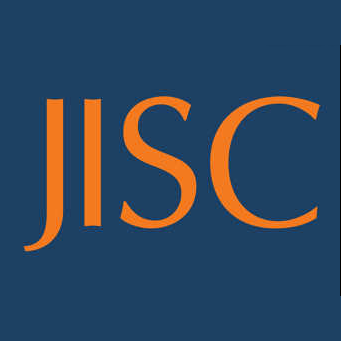
MPs recently recommended improvements to the way scientific papers are checked before they are published, calling for the peer review process to be more transparent – see the BBC article.
The recommendations came out of a House of Commons Science and Technology Committee report which also urged that researchers make their scientific data publicly available, and that reviewers have formal training.
Executive secretary at JISC, Dr Malcolm Read, said, “At JISC we strongly support the recommendations of the House of Commons Committee report. Though most researchers agree with the principles of peer review, many feel there is room to improve how it is implemented. Recently there have been suggestions about alternatives, like open peer review and JISC has funded universities to look into open access academic journals which are compiled from other openly available material.”
JISC is already acting on a number of the recommendations – including funding the Dryad project mentioned in the report. Dryad-UK provides a repository for the data underpinning research articles, encouraging greater research openness. The BMJ Open journal and titles from BioMedCentral and PLoS have become partners,integrating their submission process with Dryad and strongly encouraging authors to deposit research data.
Neil Jacobs, programme director at JISC, said, “We are also engaged in productive collaboration with innovative publishers such as PLoS, as well as industry bodies, for example on standardising the way usage statistics for articles are reported.”
The government report describes access to data as ‘fundamental’ for researchers to reproduce, verify and build on each others’ results.
This spirit of openness is something JISC supports, through its work with the UK Research Councils.
However, there are challenges, as JISC’s programme manager for data management Simon Hodson explains, “These objectives will be difficult to realise unless research practice and supporting systems and infrastructures are developed to make good practice easier. Similarly, researchers will feel little motivation to make data available in a timely way unless conventions of recognition and reward evolve to encompass the effort required to ensure data quality and reusability. The JISC Managing Research Data Programme is helping universities support researchers in responding to these challenges.”
























